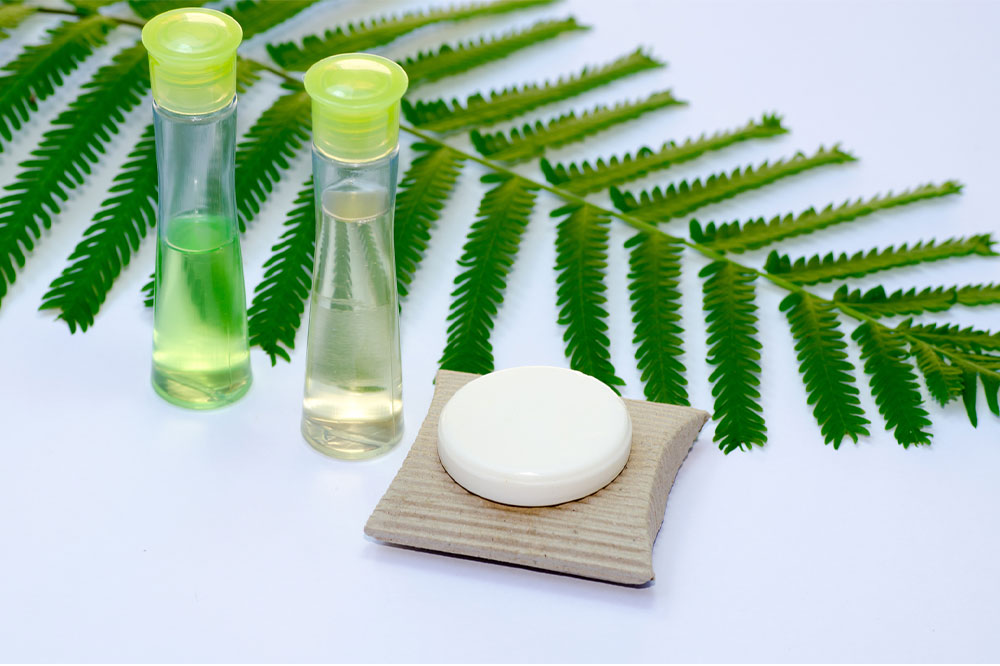Eczema: Soap ingredients to avoid
Dealing with eczema can be extremely frustrating due to its erratic flare-ups and symptoms. The skin inflammation is painful and irritating. Using harsh soaps is one of the biggest triggers of eczema flare-ups. Therefore, make sure you read the label carefully to avoid all the trigger ingredients mentioned below. These ingredients can cause an allergic reaction and should be avoided at all costs. Read to know more about them.
Sodium Lauryl Sulfate
SLS is commonly used in soaps and even shampoos for its quality of breaking up oil and grease, which makes it a great cleaning agent.

Fragrance ingredients
Any soap with fragrance should be avoided to prevent eczema flare-ups. Fragrances are a mix of esters, aldehydes, amines and ketones, and other ingredients. Unfortunately, due to the secrecy followed by most cosmetic companies, we never really know the ingredients that bring out the fragrance in soaps.
Coconut Diethanolamide
Another ingredient that helps break down oil and grease from the skin is coconut diethanolamide. However, coconut diethanolamide can develop an allergic reaction after some continuous use. Check the label for this ingredient and its aliases like coconut oil acid, ninol, witcamide, calamide, and cocamide DEA. You may not be allergic to eating coconut, but this compound made out of coconut extract can cause irritation on the skin for those dealing with eczema.
Paraben
Paraben is a naturally occurring and industrially produced ester, often used as a preservative in soaps, shampoos, deodorants, and toothpastes. Several studies have researched the ill effects of this ingredient, and while every study is not conclusive, the use of paraben has been decreased and banned in some products.
Balsam of Peru
Also known as Myroxylon, Balsam of Peru is a binding agent in soaps. It has cinnamein, an allergen that makes up about 60 to 70 percent of the ingredient. It is not just used in soaps but some medications and food like calamine lotion, cola, cough medicine.